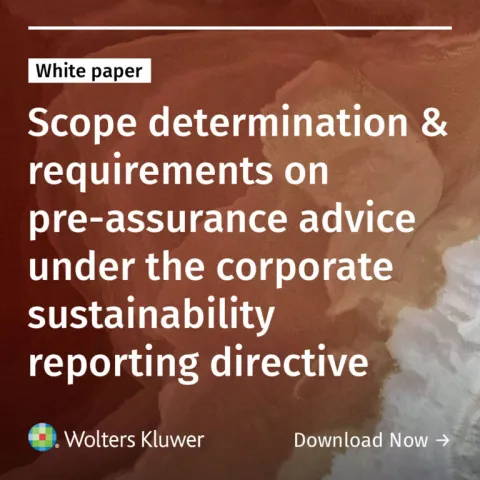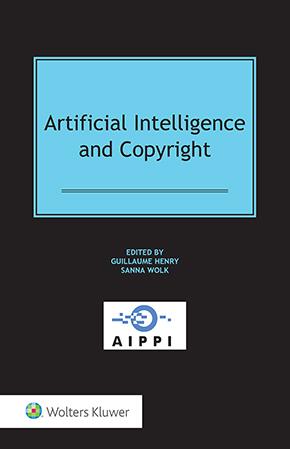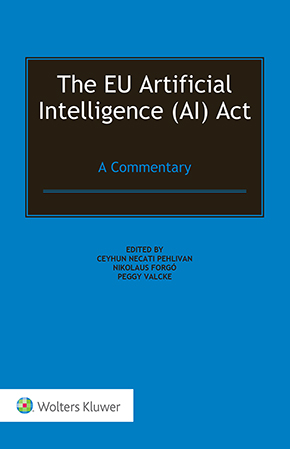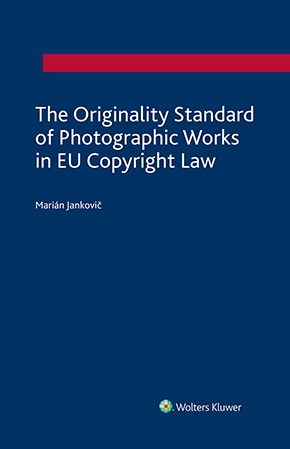Rights Retention and Secondary Publishing Right in Slovenia
November 27, 2025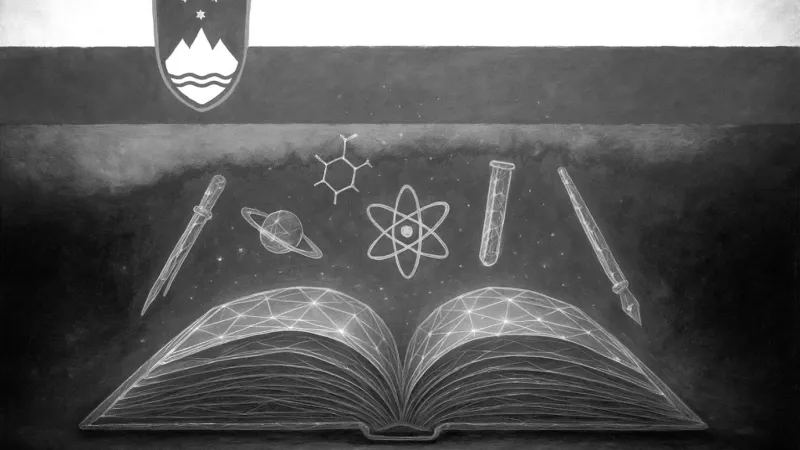
In May 2025, the National Assembly of the Republic of Slovenia unanimously (with 76 votes in favour and none against) adopted an amendment to the Scientific Research and Innovation Activity Act (Slo. Zakon o znanstvenoraziskovalni in inovacijski dejavnosti, hereinafter ZZrID), thereby incorporating a Secondary Publishing Right (hereinafter SPR) into the Slovenian legal framework.
Secondary Publishing Rights were already recognised as a recommended and desirable solution in the EU Council Conclusions on high-quality, transparent, open, trustworthy and equitable scholarly publishing of May 2023, as they provide additional legal support for ensuring open access to and reuse of publicly funded research outputs. SPR legislation has already been adopted in Austria, Belgium, France, Germany, Italy, the Netherlands and Bulgaria, and Slovenia has joined them with the amendment ZZrID-C. However, the Slovenian solution is different, because it is designed outside of the Slovenian Copyright and Related Rights Act (Slo. Zakon o avtorski in sorodnih pravicah, hereinafter ZASP) and could be used as a viable possibility for other jurisdictions in which the local copyright offices block any advanced solutions that would balance better the interests of research and science with the interests of rightholders.
The Slovenian SPR provision applies to all research results; it applies to scientific publications, related research data and even software. The Secondary Publishing Right (as set out in paragraphs six and seven of Article 41 of the ZzrID-C) allows publicly funded research results co-funded by public funding in the amount of at least 50% to be made openly accessible in an open-access repository and reusable.1 The SPR is a legal presumption that allows results to be published even if copyright has been transferred in a way that would not otherwise allow it.
This right may be exercised by the author/researcher (or their employer when the presumption of the transfer of the material copyright applies)2 or by the provider of scientific research activities (the institutions who are recipients of 50% public funds or more). As a result, the author or institution may enable immediate open access to and reuse of publicly funded research outputs. The SPR establishes a legal presumption (as lex specialis to copyright law) that the transfer of copyright is unable to prevent the author from depositing the work in an open-access repository and enabling its reuse. The author retains the rights necessary for such deposition – even if, for instance, a publisher requires an exclusive transfer of economic rights.
In particular, the adopted provision explicitly stipulates that any contractual provision preventing researchers or providers of scientific research activities from publishing or making available to the public the results of the research in a public open access repository shall be null and void. There are no specifics about the re-use regulated in the law, but it is expected that further clarification will be regulated in the Decree on the Implementation of Scientific Research in Accordance with the Principles of Open Science (Slo. Uredba o izvajanju znanstvenoraziskovalnega dela v skladu z načeli odprte znanosti, hereinafter Decree on Open Science). The legal presumption provided by the SPR regime strengthens the position of researchers who might otherwise lack the negotiating power or legal knowledge to effectively retain the necessary rights to publish their research in a public open access repository.
The Rights Retention (RR) obligation was introduced in Slovenia in 2021 through the ZZrID and further specified in the Decree on Open Science. Recipients of research funds co-financed by public funding in the amount of at least 50% initially had a legal obligation to manage copyrights according to the RR obligation, which means they had an obligation to retain rights to be able to publish their rights in the open access repository. With the adoption of the SPR they now also have the right to enable open access to and reuse of publicly funded scientific publications and research data, regardless of whether they manage their rights (retain enough rights) or not, because the legal presumption that they retained enough rights prevails. Together, these mechanisms support more effective rights management in line with open science principles.
Since Slovenia has opted for a top-down approach by legislating the obligation of RR and the right to SPR, the following changes are necessary: the ZASP should be amended, at least to remove obstacles to open science, and the Decree on Open Science should be supplemented to reflect the introduction of SPR in the law. In addition, institutional policies on RR and SPR should be established to develop appropriate guidelines for effective implementation and regulations for relevant research institutions. Otherwise, good laws will remain merely words on paper. Furthermore, researchers and the professional administrative staff (within institutions) who support researchers and negotiate with publishers should be educated about the obligations and opportunities arising from RR and SPR.
Slovenia is distinguishing itself in aligning its research strategy and policies with the principles of open science. With the adoption of SPR, the country has taken a significant step toward establishing an open research environment. The new legal foundation will enable broader access to research results, increase transparency in the use of public funds, and promote the circulation of knowledge within the EU (the “fifth freedom” – the free movement of knowledge).
Illustration: Mark Bauer
- 1Text of the new paragraph six and paragraph seven of Article 41 of the ZZrID-C: ”(6) If the provider of scientific research activities or the researchers do not individually manage the rights in accordance with the first paragraph of this Article, the researcher or the provider of scientific research activities may publish or make available to the public the results of the scientific research activity in a public open access repository as soon as the result of the research has been accepted for publication, with due acknowledgement of the researcher and the source of the first publication.(7) Contractual provisions contrary to the preceding paragraph shall be null and void.”
- 2
Article 101 of the ZASP.
You may also like



